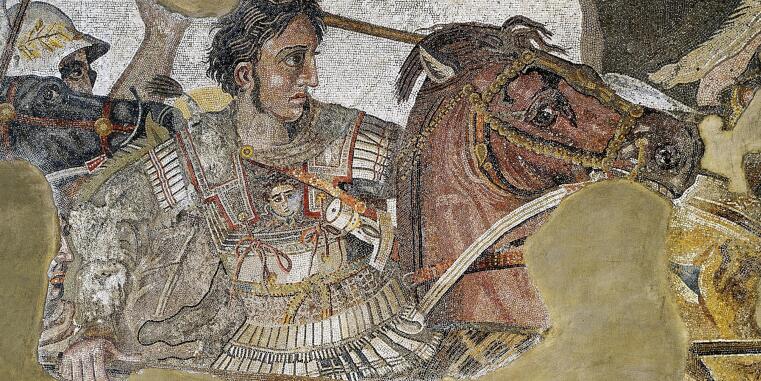

Xenocracy and cultural interdependence in hellenistic Greece and Egypt
The subproject uncovers the deep administrative structures of xenocracy in antiquity by exploring the following comparative perspectives:
a) the detection of xenocratic rule and its actors in different contexts of action; and
b) the perception of foreignness in different groups of actors and persons and the resulting de/stabilizing effects on the exercise of rule.
Greece and Ptolemaic Egypt serve as case studies, in which there was a seamless transition - out of phase - from Macedonian to Roman xenocracy; both areas changed their overlords in the 2nd century (Greece) and 1st century BC (Egypt). With the change of foreign rulers, the perceptions or the meaning of foreignness changed.
Subproject A examines the changes in the xenocracy via the Greek cities of the motherland, while subproject B makes the office of strategist, which was central to the administration of Greco-Roman Egypt, the subject of a diachronic socio-historical analysis.
Both subprojects are designed in such a way that they research the respective xenocratic forms of development both perceptively and praxeologically, i.e. they do not only explore structures of foreign rule from the point of view of the exercise of power. Rather, it is also about the perspective of the perception and attribution of foreignness and its role in the stabilization or destabilization of xenocratic rule.
Participants
News
- Workshop: „Theoretical approaches on xenocracy in the premodern era“
- Lecture on “Seventh-Century Egypt and the Structure of Regime Changes in the longue durée” by Patrick Sänger
- Research colloquium „Foreignness/ perceptions of foreignness“
- Colloquium of the Ph.D. students
- 2. Meeting of the subproject leaders
- 1. Meeting of the subproject leaders

